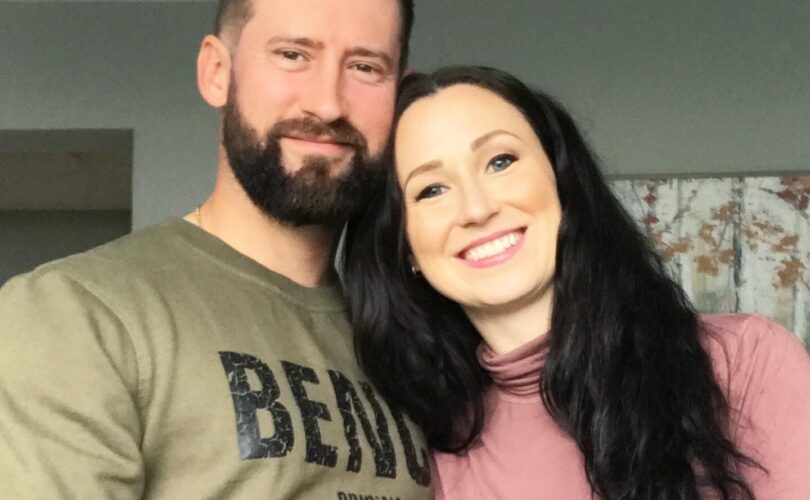
If there’s one thing that causes the most problems in any relationship in our lives,
It’s unmet expectations.
I first read about this concept in Dr. John Gottman’s work and made so many connections right away.
We have two realities, the one we imagine in our minds, and the one we are actually living.
When the reality we have imagined does not play out how we expect it to, we get disappointed.
In a relationship between you and your your spouse or significant partner you have four lives playing out. The one you imagine and the reality you perceive and also the one they imagine and the reality they perceive.
The same applies for all relationship.
We set expectations on our children, on our friends and other family members. We also do this in our working environment.
It leaves a lot of room open for disappointment.
Here’s the thing though, we are the ones creating this disappointment for ourselves.
We are there only ones in control. And we are the only ones responsible for our own happiness.
Here’s some ways we can begin to close that gap and build resilient relationships instead.
1. Mindfulness & Clarity
You need to get really clear on what exactly expectations you have.
Dig deep, and figure out what expectations you’ve placed on people in your life and how they are effecting your relationships with them.
Ask yourself some questions
Are your expectations realistic.
Are they realistic in every moment.
Consider that even if the expectation is realistic it might not be easy or possible in every particular situation.
Have you defined and expressed this expectations to the other person.
Have they acknowledged it, agreed and absorbed this.
A person will never meet an expectation we have on our own minds that they aren’t even aware of.
Consider as well, it’s not their job to meet all of our expectations to begin with.
It’s not our spouses responsibility to meet our expectations. It’s not our children’s responsibility.
It’s not anyone’s.
They each already have their own responsibilities to themselves and their own happiness and fulfillment.

2. Boundaries
You need to consider what your core values are and outline the boundaries that matter most to you.
Once again, communicating these boundaries to the other person is key.
Everyone has their own set of core values and boundaries. What crosses a boundary for you may be every day behaviour for someone else.
This doesn’t mean there is anything wrong with the other persons behaviour, it just doesn’t match up with your values. Just like some things that seem unimportant to you may mean everything to someone else.
Stand firm on the boundaries you’ve set out.
Remember though It will take time for people to adjust, especially if there’s been holes created in these boundaries in the past. Remind them.
Staying firm on boundaries also means You stop saying yes to things you want to say no to, and don’t fear or shy away from things you want to say yes to.
Create boundaries around what you need in your life as well, not just the things you don’t want.
This can be self care, time management, work life balance, fun and play, creative expression, love; or many other categories in your life.
Figure out what you need and make sure you create the time and space to get it.
3. Apply the above to Yourself
Everything you just read also applies to your relationship with yourself.
In order to have successful relationships in your life, you need to first have a solid relationship with yourself.
Pay attention to your self talk.
Pay attention to how you treat yourself when you fail.
Pay attention to how you feel when everything is going right.
For others to treat us how we want to be treated, we must first treat ourselves that way as well.
If we want others to respect our boundaries, we need respect the ones we set for ourselves too.
It all starts with us, and it always comes back to us.
We are the solution, not anyone else, and not any thing else.
Focus within.





